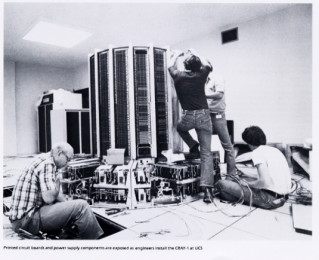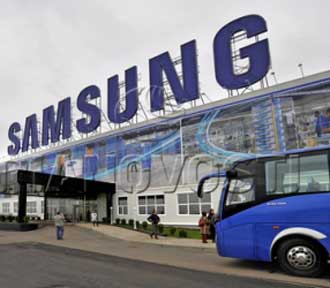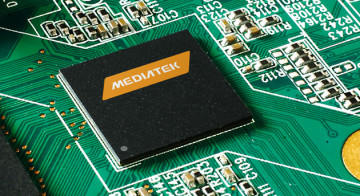 British Prime Minister David “one is an ordinary bloke” Cameron has come up with a new reason to censor the internet – he thinks that all this free speech radicalises you.
British Prime Minister David “one is an ordinary bloke” Cameron has come up with a new reason to censor the internet – he thinks that all this free speech radicalises you.
Cameron said that people were not radicalised by poverty or foreign policy, but by free speech online.
What is a little spooky is that deranged ravings like this are being backed by the UK’s major Internet service providers – BT, Virgin, Sky and Talk Talk – have this week committed to host a public reporting button for terrorist material online, similar to the reporting button which allows the public to report child sexual exploitation.
They have also promised that any terrorist and extremist material is captured by their filters to prevent children and young people being radicalised.
Of course it is based on the premise that people are so stupid that they only have to read something on the internet to want to start cutting off people’s heads in the name of Allah.
The other problem is that while images of sexually exploited children are obvious, what makes for extremist or “terrorist” material, on the other hand, is almost subjective. Personally I think anyone who calls for the abolition of free speech is a terrorist, but I doubt I would get much support from shutting down the Tory Party website.
Cameron said: “we should not allow the internet to be an ungoverned space.” But regulation and rules do not automatically create a panacea. The human body works rather well without being legislated by government, and no one thinks that it would be better off if it were told how many beats per minute the heart ticked. In fact legislating the internet has as much point as criminalising aneurisms. No matter how many laws you have, they will still happen, and the internet will find ways around any rules.
However, what Cameron fails to get is that allowing people to speak their minds is one of the reasons we are supposed to be different from the terrorists in the first place. Radicalisation is born of ignorance of truth and a rebellion against perceived controls. Creating more ignorance and more controls is only playing into the hands of those you disagree with.
Cameron is refusing to look at the root causes of radicalisation, which would be something far less simple and more entrenched than reading something on the internet. Radicalisation is more likely to be caused by the very alienation and isolation which these sorts of moves engender. Cameron insists it can’t possibly be poverty or UK foreign policy:
“And let us be frank,” said David Cameron. “It’s not poverty, though of course our nations are united in tackling deprivation wherever it exists. It’s not exclusion from the mainstream. Of course we have more to do but we are both successful multicultural democracies where opportunities abound.
“And it’s not foreign policy. I can show you examples all over the world where British aid and British action have saved millions of Muslim lives, from Kosovo to Syria – but that is not exactly the real point. In our democracies, we must never give in to the idea that disagreeing with a foreign policy in any way justifies terrorist outrages.”
He claims the root cause is an “extremist narrative,” while ignoring that for such a story to be accepted it has to have a fertile soil for seed to be planted. By blaming extremist preachers and the Internet Cameron is avoiding how responsible he is for creating the problem.
If you would like to see your ISP install a David Cameron button so you can report instances of Cameronism we suggest you write to your local MP. If we are going to have censorship, we might as well censor those who would censor us.
 Corporations, which are still having trouble getting rid of their Windows XP machines, are facing an even bigger challenge — the shutting down of Windows Server 2003.
Corporations, which are still having trouble getting rid of their Windows XP machines, are facing an even bigger challenge — the shutting down of Windows Server 2003.


















